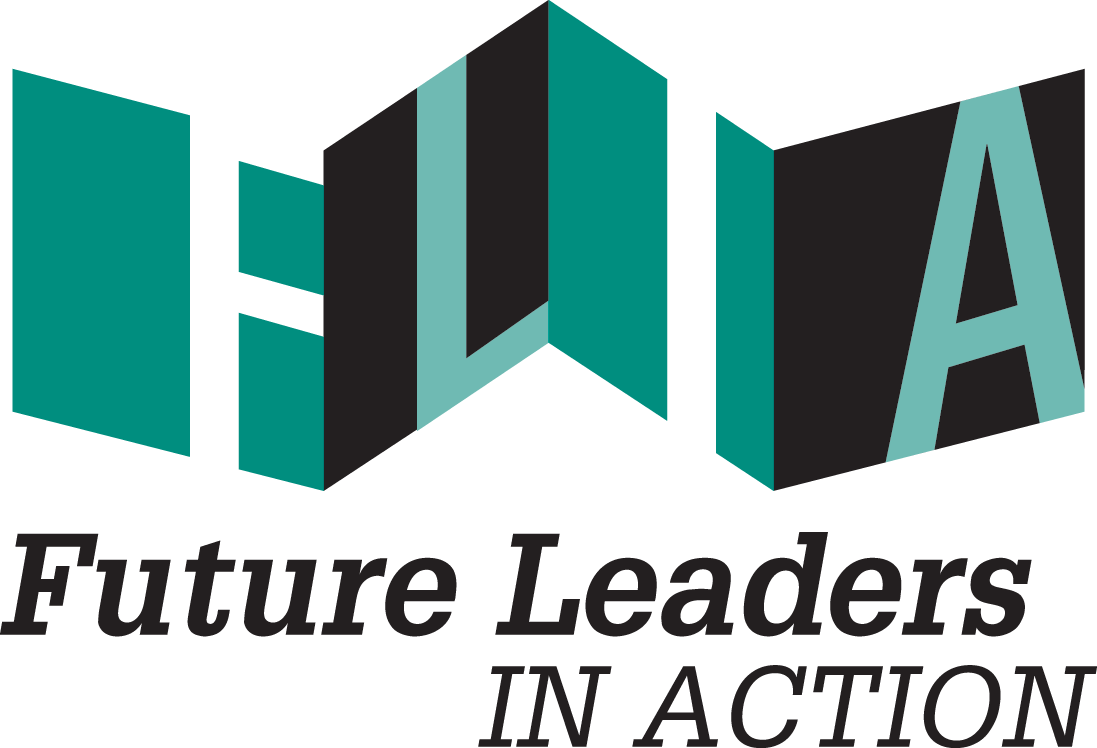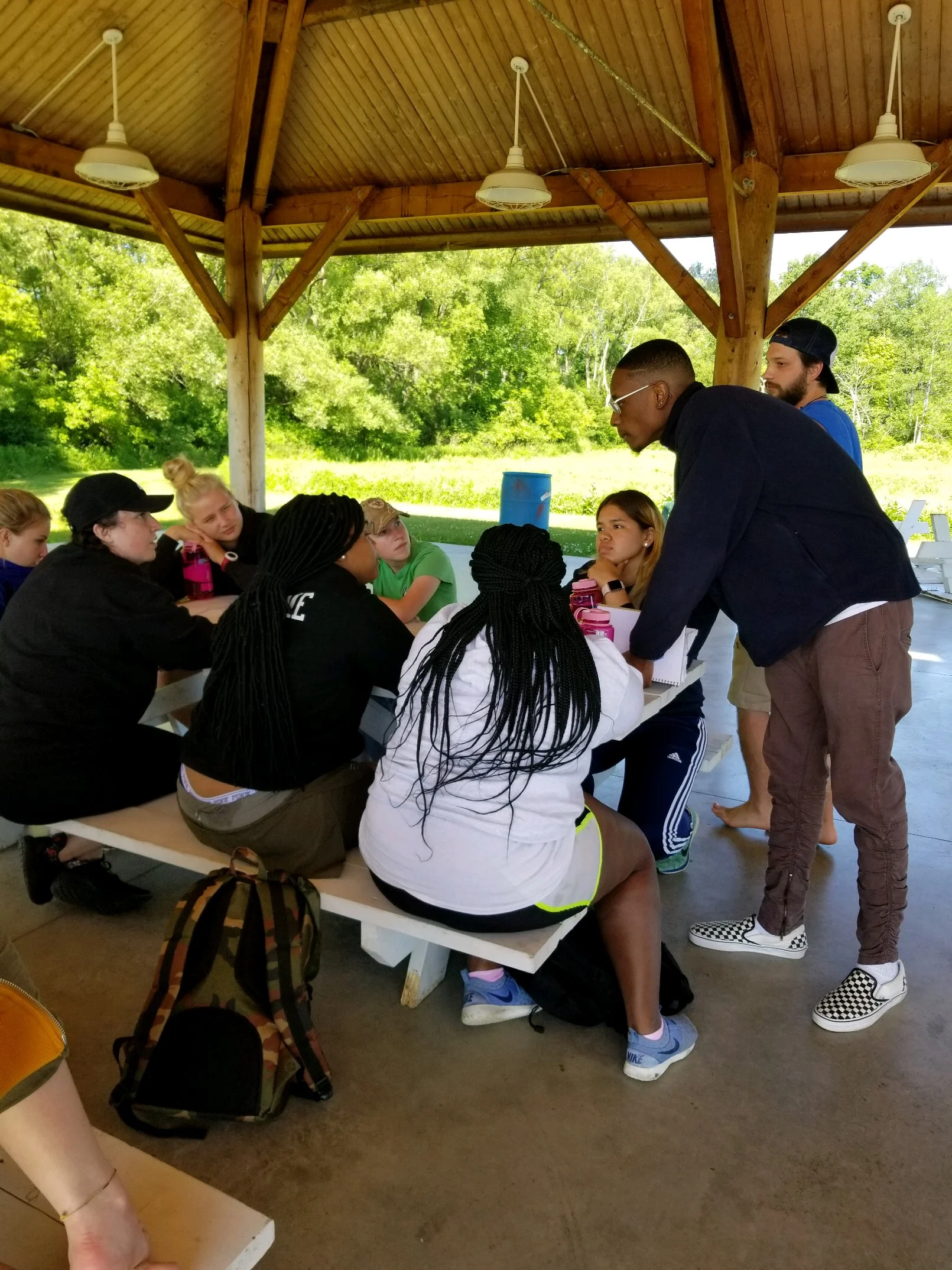Compared to most of the other cities in the U.S., the New York City high school admissions process is complex and is often confusing to the average New York City middle school student. With that being said, my experience this summer has led to an important question: How much guidance on high school admissions are these middle schools giving to our students prior to 8th grade?
School counselors are generally overworked and have a huge number of students to help. As a result, many hard working, determined, and well-deserving students are left to attend dangerous and poor-performing schools. On many occasions this summer, I’ve come across a number of campers who have absolutely no idea where they would like to go to school, what they should be looking for in a school, or even what academic areas interest them. My role this summer was to provide the personal and individualized attention that our campers may need in order to fill in any missing information that there school may not have given them on admissions, as well as address any concerns that they may have going into the high school transition.
The goal of Fiver Children’s Foundation's Step-up to High School Program is to help the eighth graders and their parents overcome the many barriers that can get in the way when applying to high school. I, along with other Fiver staff, care about our children’s future and want to ensure that they have every advantage throughout the complicated process. I did this through a high school admissions workshop, a panel of current Fivers in high school, and one-on-one academic planning meetings with upcoming students. In the high school admissions workshop, the students were exposed to NYC’s High School Directory, learned about the different methods of screening, along with how they can create the most balance application. The high school panel gave them the opportunity to speak with older campers about their high school experience for alleviating any fears that they may have going into high school. Lastly, in the one-on-one meetings, I was able give every camper the individualized attention they needed. This is where we set goals for the upcoming year, provided guidance and suggestions on how they can accomplish those goals, and started to list schools that they were interested in applying to.
Fivers on a tour of Morrisville State College
Youth invented their own college, HOX University
Another major component of the work I did this summer was developing Camp Fiver’s Teenage Adventure Program’s Reflections Curriculum. This class was designed to prepare Camp Fiver’s 7th and 8th graders for age-relevant topics that may arise as they transition into and through high school. It focused on topics like college, peer pressure, and determining how their skills and education can align with their potential career choices. My hope is that they’ll be able to identify their own personal strengths and values and use them to overcome any obstacles that they may encounter in high school.
I also had the opportunity to create Camp Fiver’s Junior Institute Curriculum for Camp Fiver’s Lead program. This class was for rising juniors in high school. Over the next year, these campers are expected to begin thinking about all of their options beyond high school, such as college, the military, or even going directly into the workforce. This class focused on what college applications look like, career exploration and goal setting in order to accomplish those career goals, and resumes and reputations. In this class, the campers were exposed to the common application for college, identified their career goals and created a plan of action to accomplish those goals, as well as determine ways that they can put their best foot forward on their social media as they begin to apply for jobs.
A great deal of my work this summer has involved preparing a younger generation to overcome many barriers that could get in the way of them progressing as they head into the future. This experience has allowed for me to look back and reflect on my own experience as I was growing up - the opportunities that I missed out on, challenges that I was able to overcome, along with the benefits of the decisions that I made at that age. As a result, I was able to apply my own experiences as I engaged with my campers for ensuring that they are mindful of all of the options they have available to them and helping them make the most informed decisions possible.
Without a doubt, I gained confidence in my communication, organizational, and facilitation skills. However, the most important thing that I gained from this experience is more confidence and value in myself and the work that I do. That confidence in myself was reflected in the confidence that my camper showed in standing up for themselves, knowing what they want, and taking the initiative to identify and apply to the schools that they were interested in. The personal investment and enthusiasm that my campers have shown in their future is the most satisfying part of my job and is truly inspiring.




